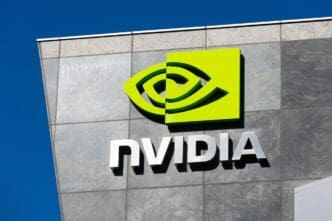Executive Summary
The Story So Far
Why This Matters
Who Thinks What?
Chinese regulators have accused U.S. chipmaker Nvidia of violating antimonopoly laws, alleging non-compliance with conditions set during its 2020 acquisition of Mellanox Technologies. This accusation, stemming from a preliminary investigation, marks an escalation in economic tensions between Beijing and Washington, though no specific punishment has yet been announced.
Regulatory Scrutiny
The Chinese regulatory body stated that its initial probe found Nvidia did not adhere to the requirements imposed when it completed the $6.9 billion purchase of Mellanox, a company specializing in network and data transmission. The specific nature of the alleged violations or the conditions that were purportedly breached were not detailed in the public statement.
The acquisition of Mellanox Technologies was finalized in 2020, following regulatory approvals from various jurisdictions, including China. Chinese authorities indicated that while a preliminary finding has been made, they intend to carry out a “further investigation” into the matter.
Nvidia’s Response
In response to the allegations, an Nvidia spokesperson affirmed the company’s commitment to complying with all relevant laws and expressed willingness to cooperate with Chinese government agencies as the investigation proceeds. The company has consistently maintained that it operates within legal frameworks in all markets where it conducts business.
Broader Context
This latest regulatory action against a prominent American technology company underscores China’s increasing enforcement of its antimonopoly laws, particularly within the sensitive tech sector. It highlights the complex regulatory landscape faced by multinational corporations amid persistent geopolitical and economic competition between the world’s two largest economies.








